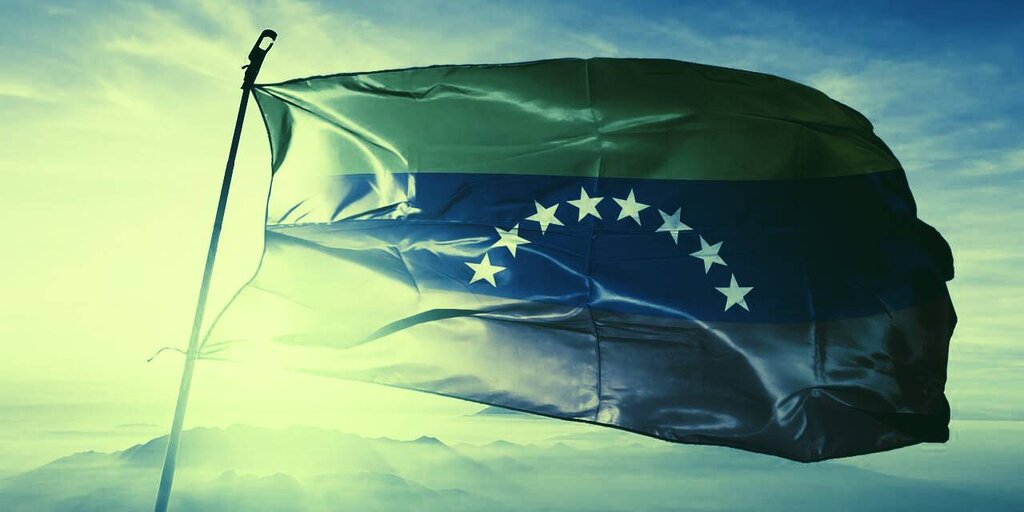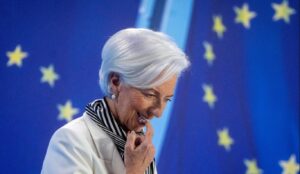Venezuela Will Launch 'Digital Bolivar' in October
2 min readVenezuela’s currency will be getting a new look, in more ways than one, as the government tries to simultaneously tame inflation and institute monetary sovereignty.
The Central Bank of Venezuela said today that it will be putting the digital bolivar, first announced in February, into circulation on October 1. The information was first posted to the Bank’s social media accounts and confirmed later on the website of the People’s Ministry of Economy and Finance.
The digital bolivar is an example of a central bank digital currency (CBDC)—a digital representation of a traditional fiat currency issued by a country’s central bank, in contrast to decentralized crypto assets such as BTC.
COMUNICADO OFICIAL
| A partir del 1° de octubre entra en vigencia el Bolívar Digital
#BCVhttps://t.co/635uhVu1sA pic.twitter.com/aErAOUvwHL
— Banco Central de Venezuela (@BCV_ORG_VE) August 5, 2021
The CBDC will be accompanied by a monetary redenomination that eliminates six zeros from the currency. For reference, Bloomberg’s Cafe con Leche Index sets the cost of one cup of coffee at 7,662,898 bolivars, a little less than $2. That’s a smidge higher than Venezuela’s minimum wage, which sits at 7 million Bolivars after a 289% adjustment in May.
The move will bring the total number of redenominations in the last 15 years to three. Deceased former President Hugo Chávez wiped off three zeros from the ledger in 2007. His successor, Nicolás Maduro used the creation of the country’s own cryptocurrency, the Petro, as an opportunity to shave off five zeros in 2018.
This redenomination, which is also joined by a digital currency announcement, is unlikely to have much effect. Zimbabwe also redenominated its currency three times in the 2000s to combat hyperinflation before turning to foreign currencies for payments.
Venezuela’s monetary policies have been aimed at getting out of the cycle of hyperinflation, and the introduction of the new CBDC may help reinforce that mission. According to the bank, it’s also working on a “new Financial Messaging Exchange System, a free and sovereign system, made in Venezuela and by Venezuelans, promoting the independence from foreign systems for national banking operations.”
That was also the aim of the Petro, launched in February 2018, as the country’s financial system withered under the weight of U.S. led economic sanctions; PTR was meant to be a way around the global financial system. Today’s announcement makes no mention of it.
Little is known about the mechanics of the CBDC itself, but it will circulate along with the physical bolivar. Banknotes corresponding to the new denomination are already being issued. The exchange rate remains fluctuating and determined by the free foreign exchange market. The nation’s minimum wage will remain the same.
Other countries are in the midst of trialling CBDCs, notably China and the Bahamas.


 | A partir del 1° de octubre entra en vigencia el Bolívar Digital
| A partir del 1° de octubre entra en vigencia el Bolívar Digital





